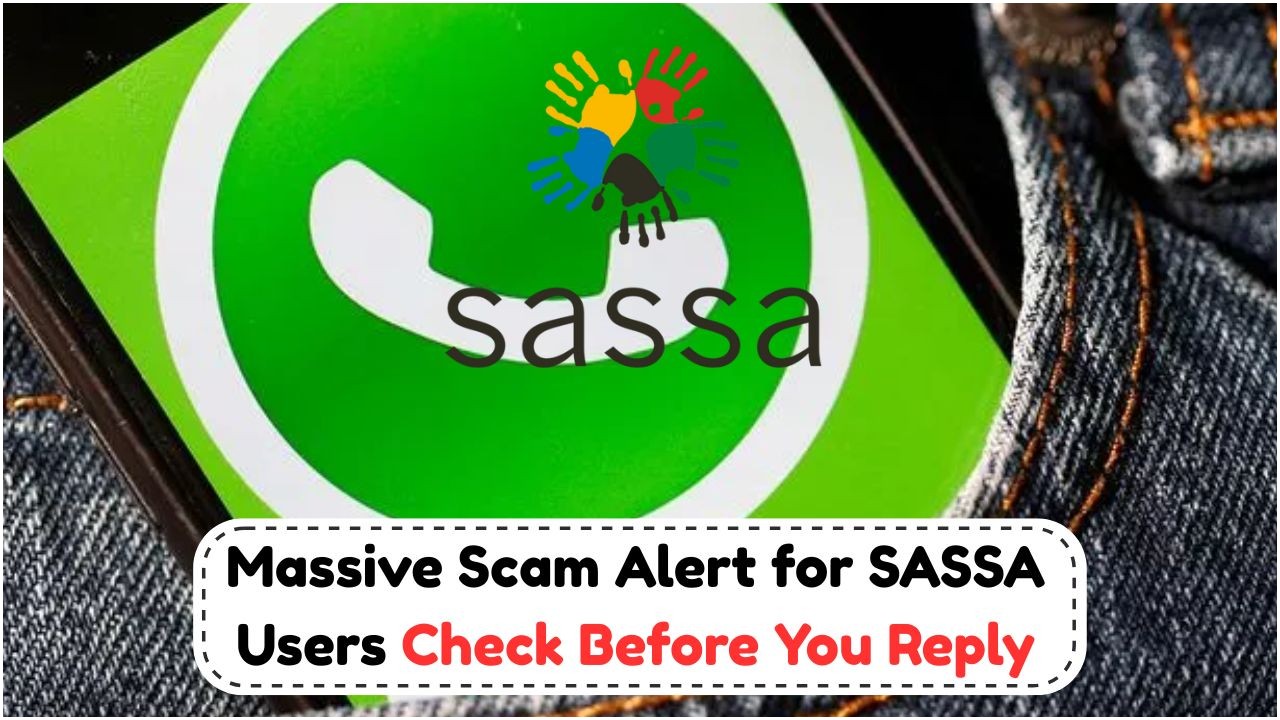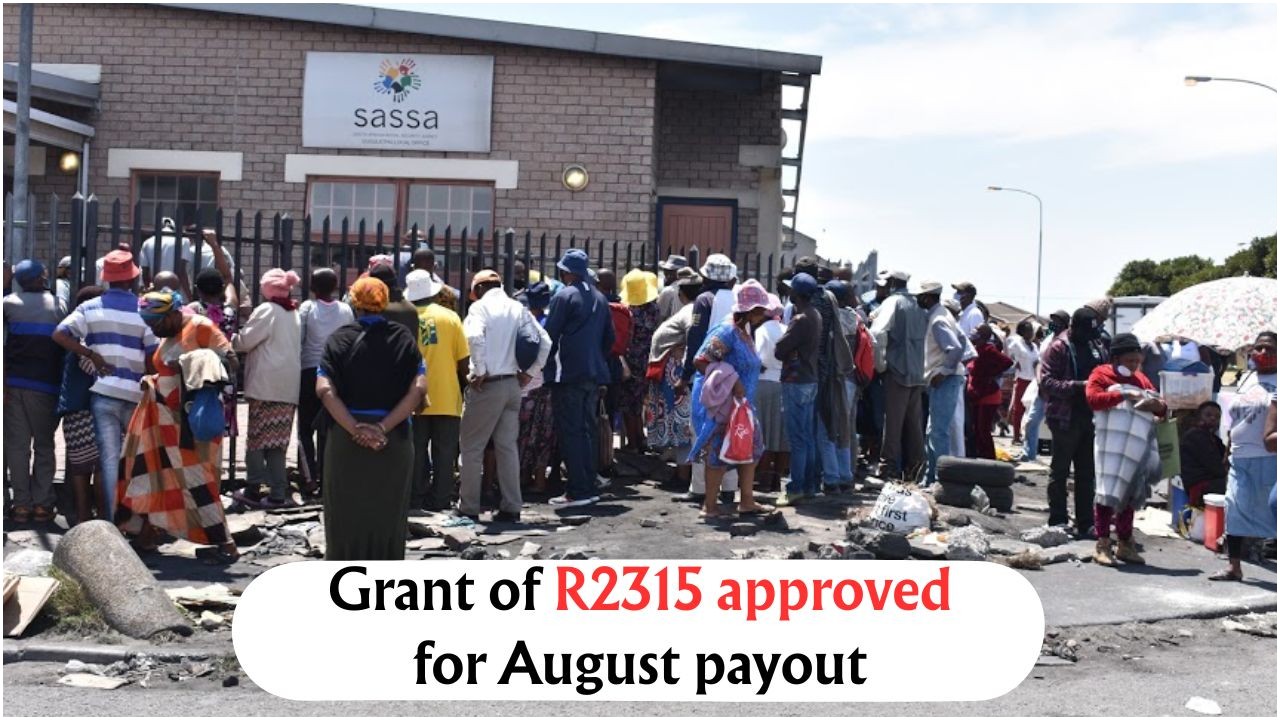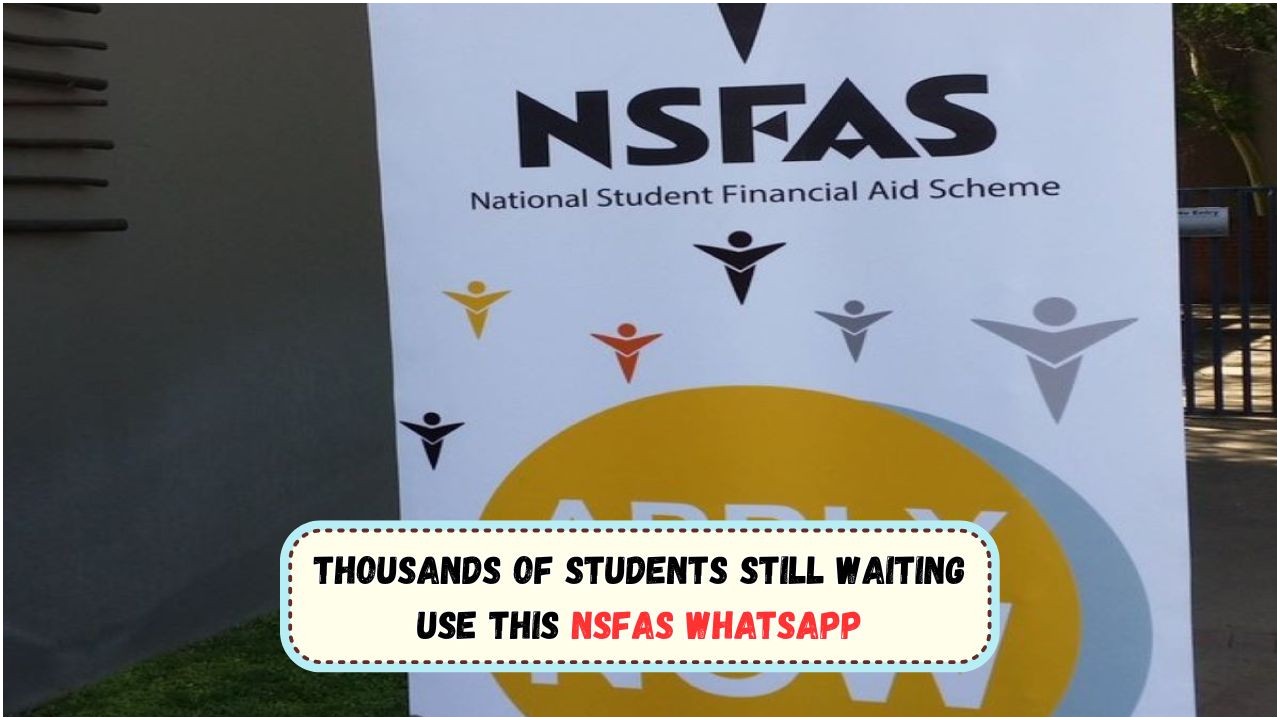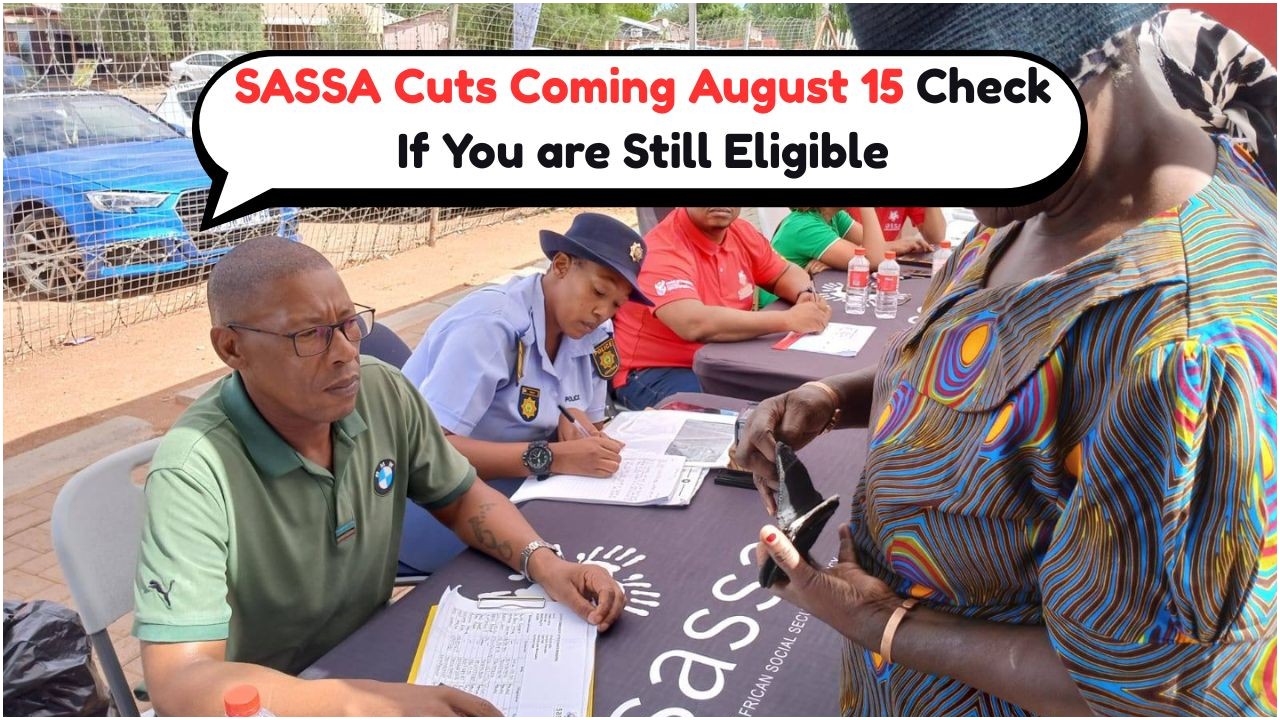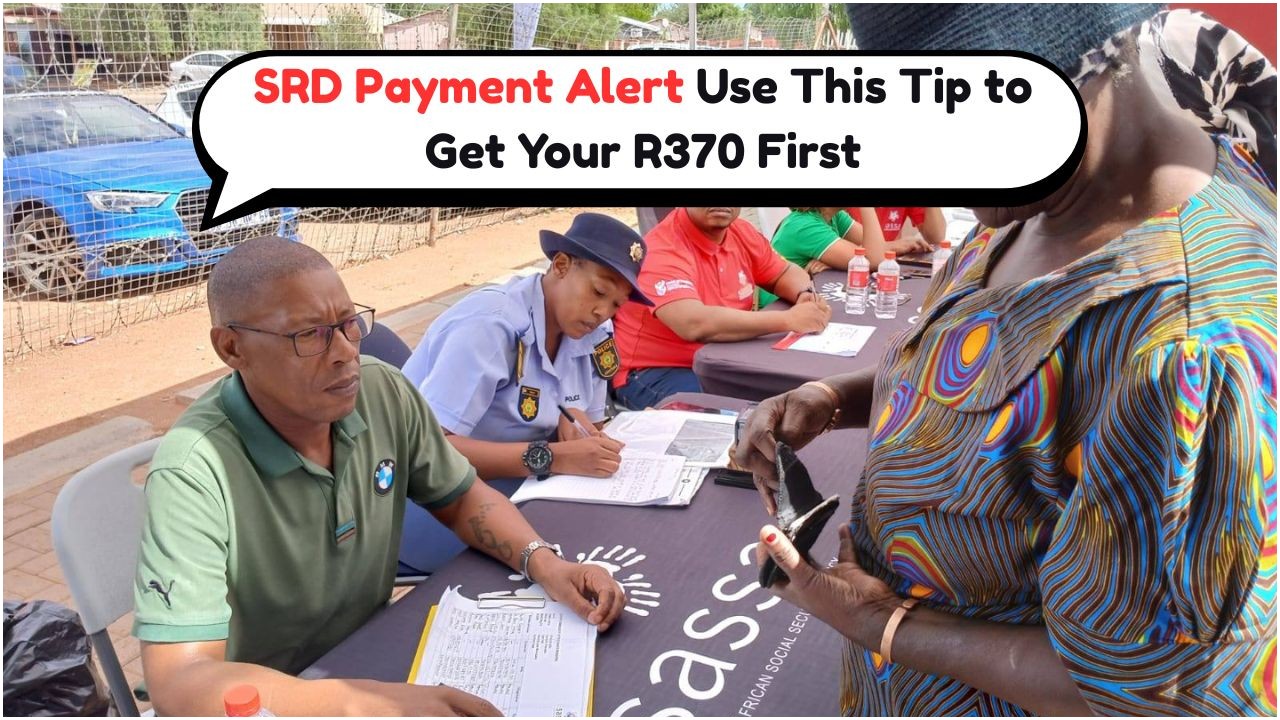WhatsApp Fraud Alert: SASSA Warns of New Scam Draining Bank Accounts!: South Africans are urged to remain vigilant as a new wave of WhatsApp fraud schemes are targeting unsuspecting individuals across the nation. The South African Social Security Agency (SASSA) has issued warnings about these scams that cunningly drain bank accounts through deceptive messages. These schemes often masquerade as official communications, promising financial aid or urgent notifications that require immediate action. Sadly, many have already fallen victim, losing significant amounts of money. It is crucial for the public to recognize the red flags and protect their personal information and finances from these fraudulent activities. Understanding the tactics used by scammers and knowing how to respond is essential to safeguarding your assets.
Understanding the WhatsApp Fraud Schemes Targeting SASSA Beneficiaries
These WhatsApp fraud schemes are becoming increasingly sophisticated, leveraging the popularity of messaging apps to trick people into revealing sensitive information. Scammers often pose as SASSA officials, sending messages that claim there are issues with the recipient’s account or that they need to confirm personal details to receive their benefits. The messages are designed to create a sense of urgency, prompting individuals to act quickly without verifying the source. Unfortunately, this leads to victims giving away their banking details, which are then exploited to siphon funds. SASSA beneficiaries are particularly targeted because many rely on these payments for their livelihood, making the stakes alarmingly high. It is vital for individuals to double-check any communication they receive claiming to be from SASSA by contacting official channels directly.
- Never share personal or banking information via WhatsApp.
- Verify the source of any message claiming to be from SASSA.
- Be cautious of messages that create a sense of urgency or ask for immediate action.
- Immediately report suspicious messages to authorities.
- Educate friends and family about these scams to prevent further victimization.
How to Spot a WhatsApp Scam Draining Your Bank Account
Spotting a WhatsApp scam requires vigilance and awareness of common tactics used by fraudsters. Typically, these scams involve unsolicited messages that ask for personal details, such as ID numbers or banking information. They might claim that you have won a prize or that your account needs urgent verification. Another red flag is poor grammar or spelling errors, which are often present in fraudulent messages. To protect yourself, never click on links or download attachments from unknown sources. Always verify the sender’s identity by contacting them through official means, and remember that SASSA will never ask for personal information via WhatsApp. Staying informed and skeptical of unsolicited messages is your best defense against these scams.
| Red Flag | Description | Action to Take |
|---|---|---|
| Urgency | Messages pressuring immediate action | Verify with official SASSA contacts |
| Unsolicited Messages | Unexpected communication asking for details | Ignore and report |
| Spelling Errors | Poor grammar or spelling in the message | Treat with suspicion |
| Prize Notifications | Claims of winning prizes unexpectedly | Do not engage |
Steps to Protect Yourself from WhatsApp Fraud Targeting SASSA Beneficiaries
Protecting yourself from WhatsApp fraud involves adopting a proactive approach to manage your digital interactions. Start by being mindful of the information you share online and with whom. Always question unsolicited requests for personal data, especially when they claim to be from reputable agencies like SASSA. Utilize privacy settings on WhatsApp to restrict who can view your details and messages. Additionally, educate yourself and others about the signs of a scam to prevent falling victim. It’s also wise to maintain regular communication with financial institutions to monitor account activity for any unauthorized transactions. By staying informed and cautious, you can significantly reduce the risk of becoming a victim of these scams.
- Enable two-factor authentication on your accounts.
- Regularly update your apps to patch security vulnerabilities.
- Use strong, unique passwords for different accounts.
- Stay updated on the latest scam tactics.
- Report any fraudulent activity to the police and your bank immediately.
Resources for Victims of WhatsApp Fraud in South Africa
If you fall victim to a WhatsApp fraud scheme, it’s crucial to act quickly to minimize damage. First, contact your bank immediately to secure your accounts and prevent further unauthorized transactions. It’s also important to report the incident to the South African Police Service (SAPS) and provide any evidence, such as screenshots of the scam messages. Additionally, SASSA offers resources and support for those affected by fraud, guiding victims on how to protect themselves in the future. Raising awareness by sharing your experience can also help others avoid similar situations. Remember, you are not alone, and there are channels available to assist you in recovering and protecting your assets.
- Contact your bank to secure accounts.
- Report the scam to SAPS.
- Share your experience to raise awareness.
- Utilize SASSA resources for assistance.
- Seek legal advice if necessary.
Frequently Asked Questions About WhatsApp Fraud Targeting SASSA
Understanding the various aspects of WhatsApp fraud can help protect you and your loved ones. Here are some frequently asked questions:
What should I do if I receive a suspicious WhatsApp message?
Ignore the message, do not engage, and report it to the relevant authorities.
How can I verify if a message is genuinely from SASSA?
Contact SASSA directly through their official website or phone number.
Are there any legal repercussions for those caught perpetrating these scams?
Yes, individuals caught committing fraud can face severe legal actions, including imprisonment.
Can I recover funds lost to a scam?
While recovery can be challenging, contacting your bank and reporting the incident promptly increases your chances.
 Eskom's New Plan Signals Potential Stage 6 Power Cuts in August: Are You Prepared for the Emergency?
Eskom's New Plan Signals Potential Stage 6 Power Cuts in August: Are You Prepared for the Emergency?
How can society combat the rise of WhatsApp fraud?
By increasing awareness, education, and reporting scams, communities can work together to reduce fraud.
